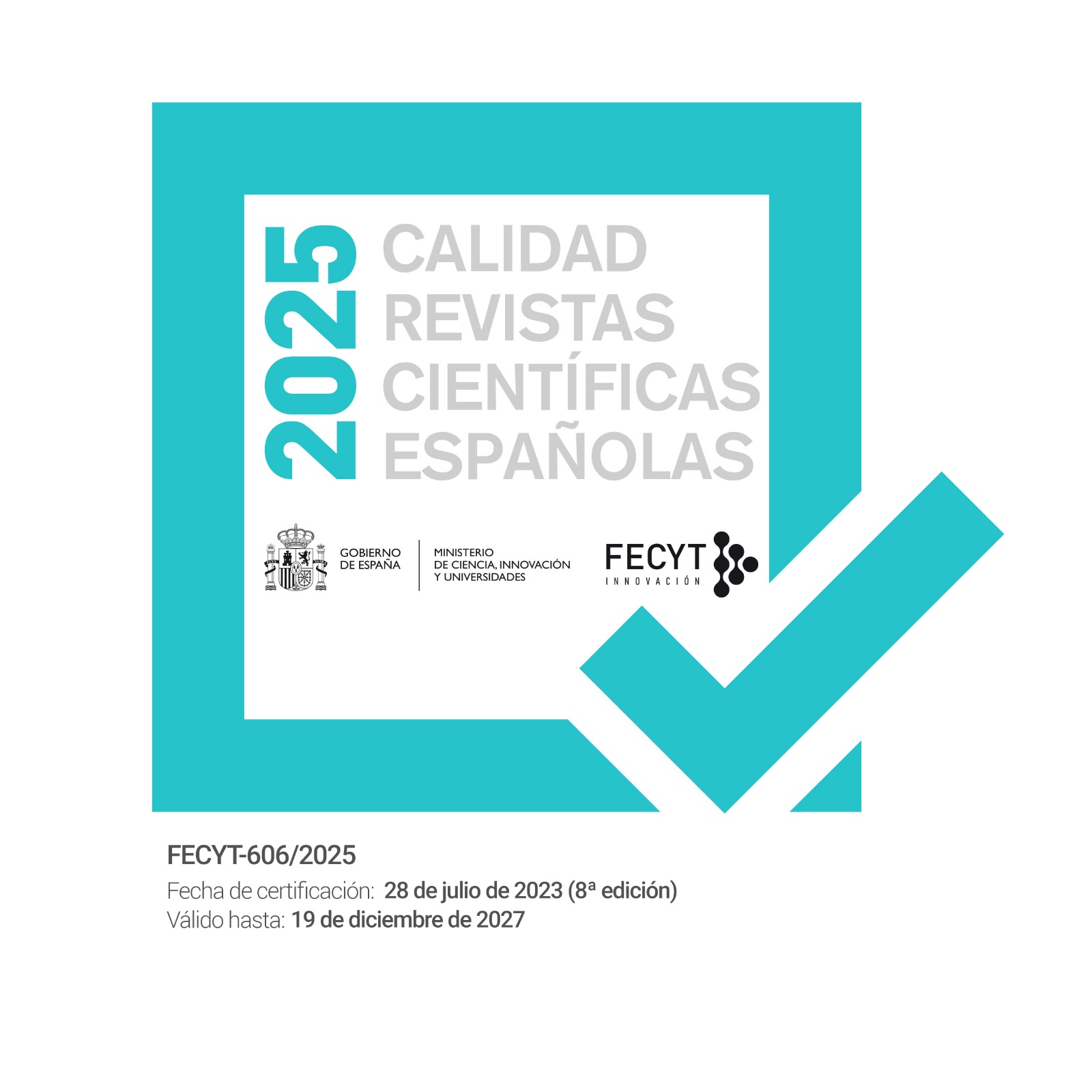The Jurisprudence of the Supreme Court on the crime of embezzlement of public funds
Keywords:
Embezzlement, crime, case law, Supreme CourtAbstract
From the beginning, the Supreme Court made it clear that the theft directly carried out by the official in charge of the funds was punished with the same penalty as the former's consent for another to steal them, since it was based on the premise that without such authorization the embezzlement could not have been consummated. For it to be committed, it was required, therefore, that the subject of the theft was an official or authority and that the object on which it fell was public funds placed in his charge. Likewise, he pointed out the necessary concurrence of a malicious intention to seize the assets. In relation to the prosecution for misappropriation of public funds, it was not enough for the accused to administer them, but it was essential to have received them or consented to others stealing them. Regarding the meaning of theft, the Supreme Court declared that it referred to definitive appropriation, forever, with the intention of not restitution, that is, with the purpose of profiting from another's property, without requiring that it cause harm or not. damage or hindrance to public service. While within the concept of funds or public effects it not only included amounts in cash or negotiable public effects, but also all the things that constituted the estate or assets of any kind, in accordance with the grammatical and usual meaning of the word.
Downloads
Downloads
Published
How to Cite
Issue
Section
License
Copyright (c) 2024 GLOSSAE. European Journal of Legal History

This work is licensed under a Creative Commons Attribution-NonCommercial-NoDerivatives 4.0 International License.
Creative Commons Reconocimiento-NoComercial-SinObraDerivada 4.0 España (CC BY-NC-ND 4.0 ES)




